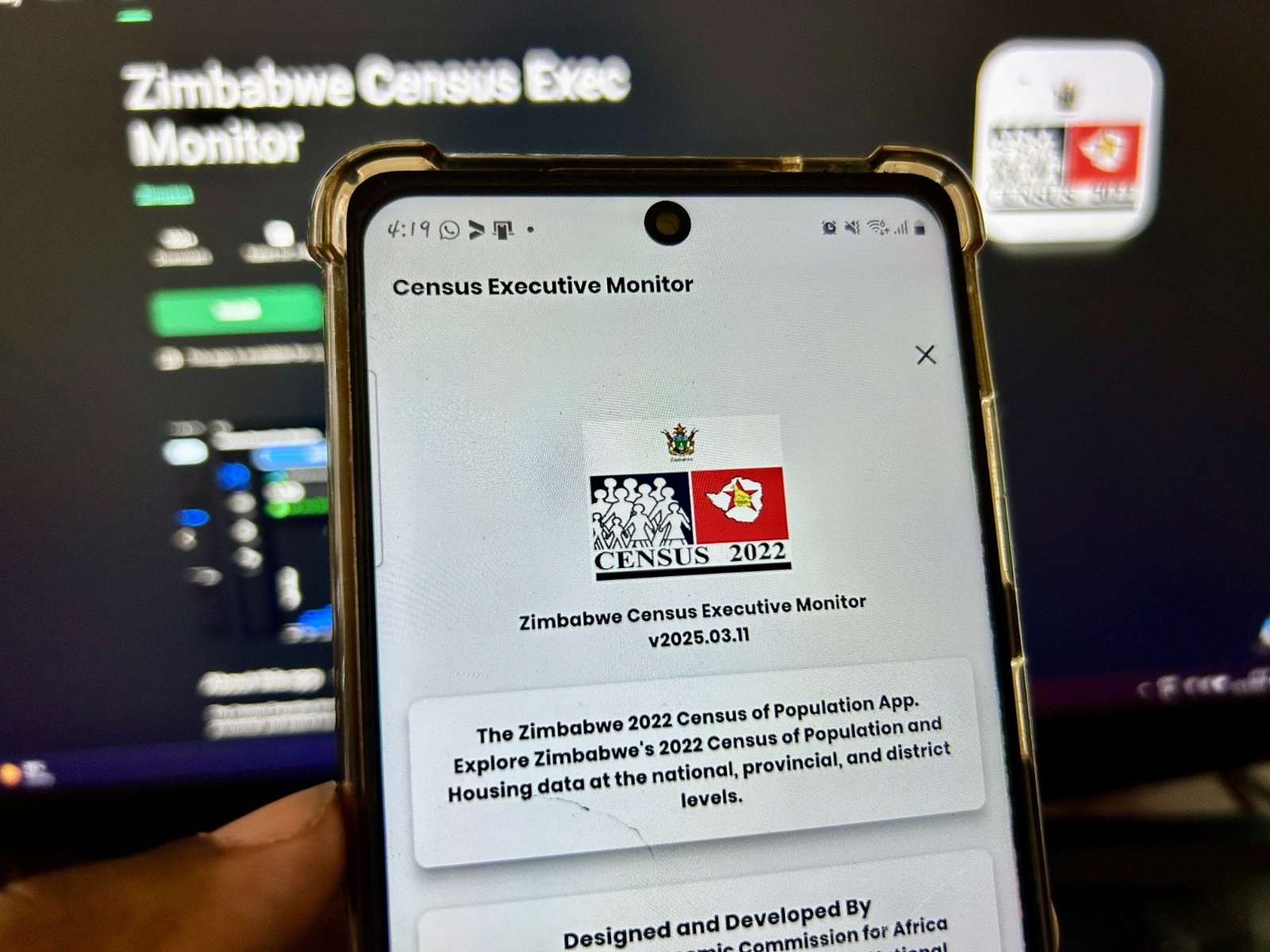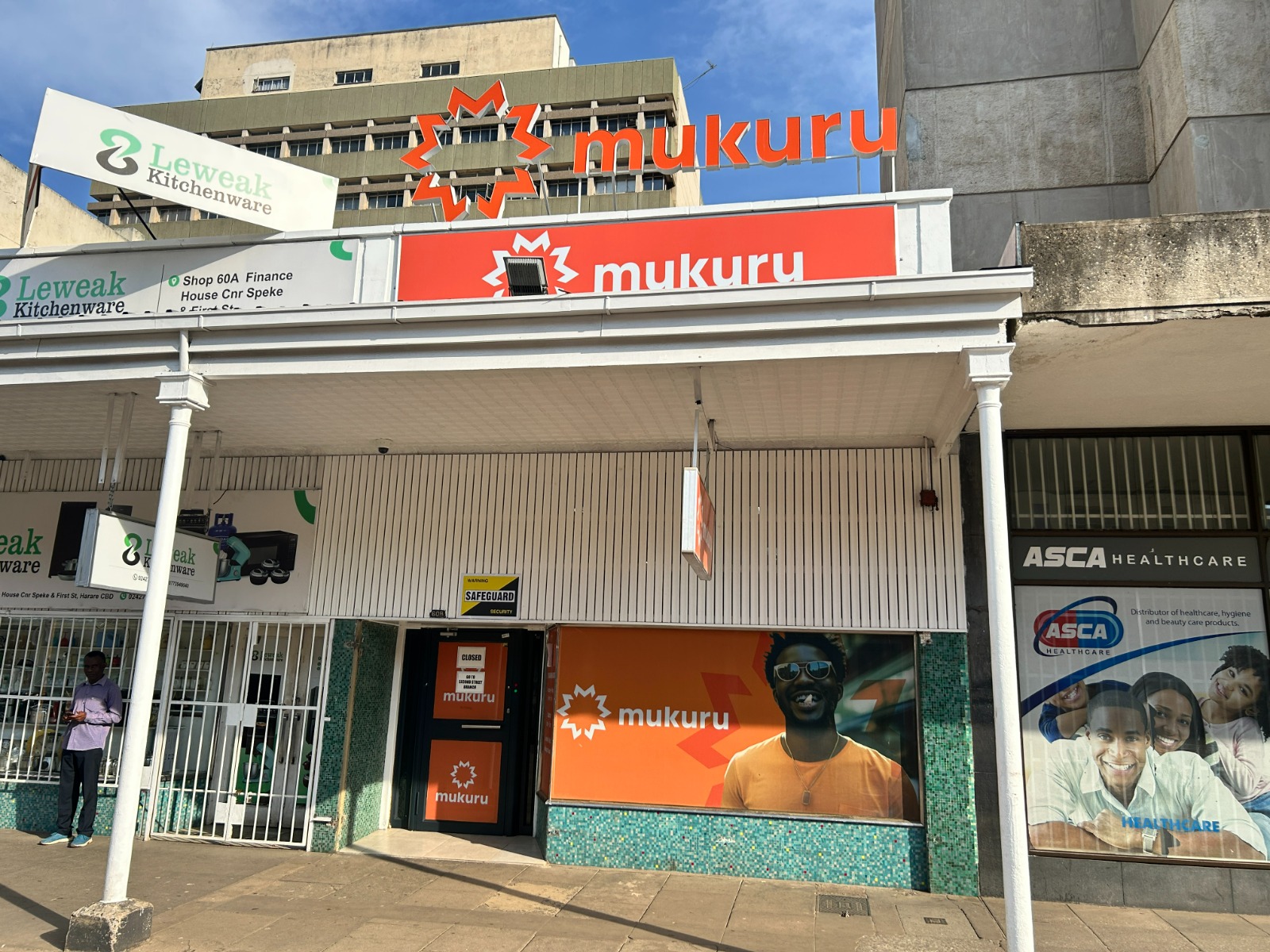The Reserve Bank of Zimbabwe’s (RBZ) Monetary Policy Committee (MPC) yesterday held a meeting (28/10/2021) and from that meeting came a status update on a number of movements in the financial sector. Among the highlights was that the foreign currency receipts had increased by 49%, from the same period in 2020, to reach US$7.2 billion. In the MPC’s resolutions, the central bank said that it is introducing mobile bureaux de change for rural and remote areas.
The full statement from the RBZ’s MPC reads as follows:
The Monetary Policy Committee (MPC) of the Reserve Bank of Zimbabwe (the Bank) met on 28 October 2021 and had robust deliberations on macroeconomic developments and monetary policy interventions needed to promote and sustain the obtaining macroeconomic stability in the economy.
The MPC was pleased with the favourable external sector performance as evidenced by a 49% increase in foreign currency receipts, from US$4.8 billion received during the same period in 2020 to US$7.2 billion as at 15 October 2021. Total foreign payments during the same period in 2021 amounted to US$5.4 billion, leaving a net surplus position of US$1.7 billion represented by foreign currency account (FCA) balances in the banking system.
The MPC also noted that the commitments made by Government, the Bank and leaders of the Zimbabwe business community on 11th October 2021 have helped to stabilise the volatility of the parallel market exchange rate. The stability is expected to anchor inflation expectations and restore the downward inflation trajectory the economy has experienced since July 2020.
The MPC, however, expressed concern regarding the recent increase in month-onmonth inflation, from 4.7% in September 2021 to 6.4% in October 2021, and annual inflation from 51.5% to 54.5% over the same period, driven mainly by the resurgence in the volatility of the parallel market exchange rate.
The MPC unanimously agreed to put the following measures in place to fortify the gains made in stabilising the economy thus far:
i. Increasing the Bank policy rate from 40% to 60% and the Medium Term Bank Accommodation (MBA) Facility interest rate from 30% to 40% with immediate effect. The measure is expected to result in positive real interest rates which is critical to foster savings in the economy;
ii. Increasing statutory reserve requirements for demand/call deposits from 5% to 10%, while maintaining the rate at 2.5% for savings and time deposits;
iii. Increasing minimum deposit rates for ZW$ savings and time deposits from 5% and 10% per annum to 7.5% and 20%, respectively, with a view to promoting the appeal of the ZW$ as an investment currency;
iv. Further tightening reserve money by reducing the quarterly growth in reserve money targets from 20% to 10% for the fourth quarter of 2021 and the first two quarters of 2022. The decision to review the reserve money growth targets was informed by the reserve money growth outturn of 9.3% for the quarter ending 30 September 2021;
v. Continuing to refine the Bank’s open market operations (OMO) instruments to support optimal liquidity management;
vi. Ensuring consistency and synchronisation of Government payments and liquidity management programme of the Bank to ensure effective management of liquidity in the economy;
vii. Refining the foreign exchange auction system to strengthen its effectiveness as a foreign currency price discovery platform by limiting the allotments to the foreign currency available at the time of the weekly auction and paying same within two weeks from the date of the auction. The MPC also welcomed the decision by the Bank to take steps to be current with foreign exchange allotments from Auction 63, whilst at the same time working towards clearing the ring-fenced auction backlog;
viii. Introducing mobile bureaux de change branches for ease and flexible access to foreign currency by communities where there are no physical access points, including the rural areas;
ix. Promoting the use of e-wallets for receiving foreign currency purchased from bureaux de change to enhance financial inclusion. In this context, bureaux de change are encouraged to create the necessary synergies with banks and mobile network service providers to facilitate the electronic transactions; bureaux.
x. In line with requests from the general public, allowing individuals purchasing foreign currency under the US$50 per week facility for small domestic transactions to be able to also do one-time purchases of up to US$100 per month per person;
xi. Allowing individuals and Micro, Small and Medium Enterprises (MSMEs) to purchase up to US$500 per month for international payments, including funds for business and personal travel allowance;
xii. Allowing retail pharmacies to access, through the normal banking system, up to US$5000 per month per firm for purchasing of pharmaceutical products from registered pharmaceutical wholesalers in Zimbabwe; and
xiii. Urging the importing firms to always comply with Exchange Control Regulations which require the importation of goods and services to be done through normal banking channels, and that receipts of goods and services with regard to transactions executed in advance are acquitted within 90 days from the date of payment or any other period as may be prescribed by Exchange Control authorities. This requirement does not apply to foreign payments effected using free funds held by individuals, Non-Governmental Organisations, Embassies and International Organisations.
The MPC applauded the decision taken by Government to put the SDR holdings received from the IMF to good use in the areas of health, education, social protection and ramping up of production as well as earmarking part of the holdings for building international reserves.
Finally, the MPC calls upon and urges business players to always uphold principles of good corporate governance and self-discipline to ensure high standards of business ethics and transparency which are critical to stabilising the economy in the short to medium term. John P. Mangudya Governor 28 October 2021
Reserve Bank of Zimbabwe’s Monetary Policy Committee
Also read
- RBZ orders Econet, Telecel & NetOne to phase out juice cards
- CZI calls for RBZ to state how much forex is available before the auction
- RBZ shuts down Market Watch & other black market exchange rate sites
- Here’s what the RBZ got from its meeting with captains of industry
- RBZ to clamp down on ZW$ card swipe for USD money changers














Comments
2 responses
With the rise of armed robberies, doesn’t anyone see the obvious problem with this?
If pharmacies are allowed 5000usd can we finally get regulation in their pricing